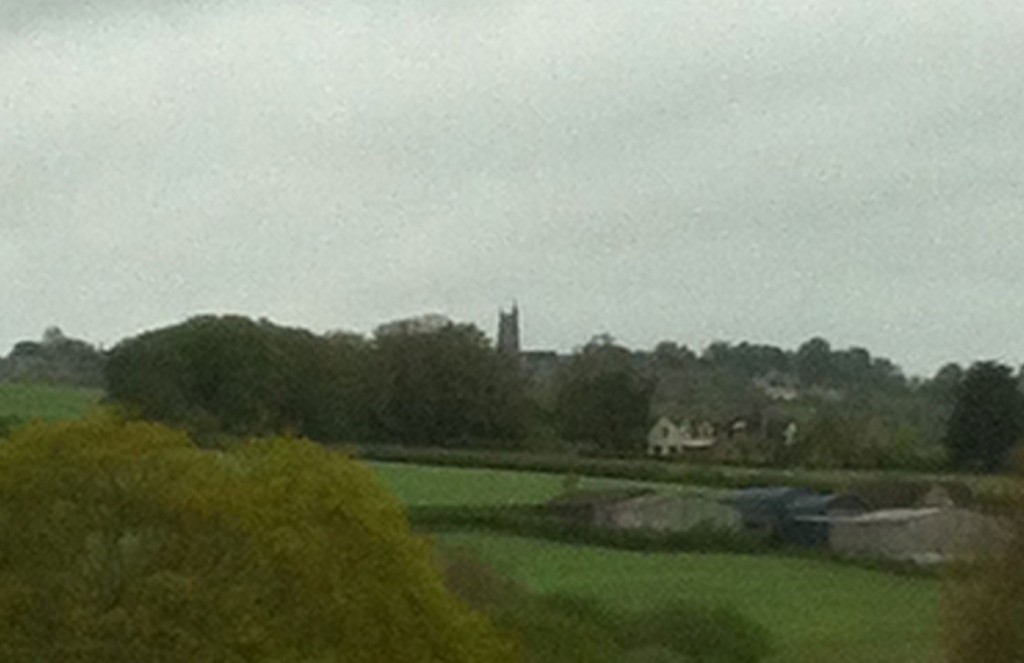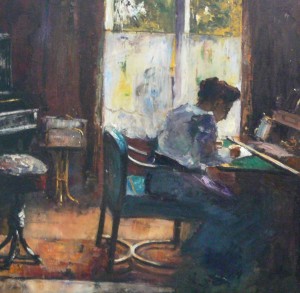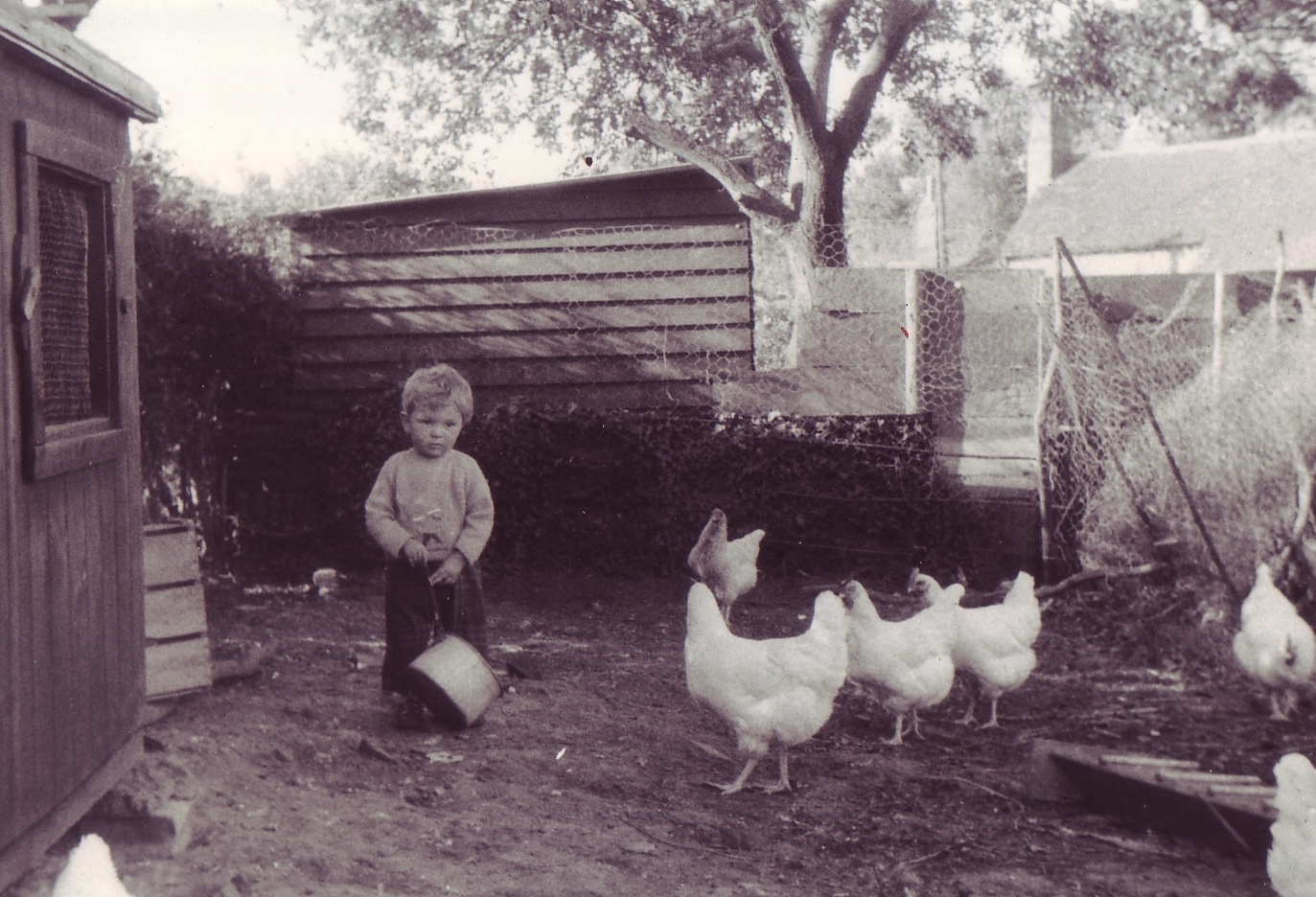There is a green hill far away. We sang about it in Sunday school, but it’s more true now then when I first sang it, back where all the hills were green and not far away at all, just a cycle ride away.
I wrote this today about something over a year ago. I don’t know if it works or not. I thought it did when I wrote it.

High On a Green Hill
I met her in a pub when we were younger
Half our lives away; I met her on Facebook when she was ill.
I gave her a book of mine to read, while she lay
Under a blanket in the chill of an Andalucian winter,
Thick patterned wool around her thin shoulders,
Cold tiles under her long feet. She had a plan
To start a marmalade factory but something happened
To the farmers collective or the orange crop,
I didn’t really know.
And then there was the husband
And then there was the son and it was complicated,
You know how it goes sometimes.
I thought of her all that winter, pale and cold
Her light burning lower.
You can die when you’re our age.
Or anytime, it’s just we know that now.
She had pneumonia, she had blood tests,
She thought she had something else and
We shared the great day when she could walk in the sun
Three clicks to the village and rest and back again
On her own, by email, the way people do now.
After the marmalada corporation somehow didn’t happen
We met face-to-face the second time in our lives;
A university reunion.
She was the only reason I wanted to go.
She didn’t drink any more.
I was about ten years too late for that plan
But I didn’t know that when I offered her a glass of wine
And as she said “if I drink I have no limits,”
As I tried so hard to catch the waiter’s eye
For a whole bottle her friend kicked my leg under the table,
Hard and then harder until she said
“And this time I’ll probably die, so no,
I won’t have a drink. Thanks.”
She drank fizzy water.
Apparently there are different tastes,
Just not the ones I thought she meant.
We ate while I tried to hide the tinted sin of my glass
And talked and went quite early to our separate rooms.
When someone doesn’t drink, what else do you do?
But in the morning, fresh, we walked through sacred damp Bath
To the café I’d found that I thought she might like.
And she did. And I did, when the waitress assumed
She was my wife. It felt like it could have gone that way,
In a different life. After breakfast we walked along the canal,
Early Spring and suddenly it’s May and maybe,
Just maybe everything would turn out ok and
After she told me where she’d been and I didn’t need
Or even want to top her stories and win,
Because just walking there with her,
It felt as if I had for once,
As if I’d already won,
Although what that was
I didn’t really know.
She played electric bass and me, I played
A bit of guitar and sax.
Our first gig was outside the city, later.
I thought I’d need to drink but somehow I didn’t.
In the shadow of a church up there on the hill,
In the mist outside the pub door.
I didn’t finish my drink, blowing warm
If not hot and maybe close to cool.
She was taking a taxi to the airport at four.
After we’d all judged the gig a total success
And packed away our rocknroll music stands,
Our funky bifocal reading glasses,
She zipped her Hofner into its flight case
As I said don’t call it, I’ll drive you there
And she said ok. We both knew
It wasn’t really the right direction
But part of her wanted to stay.
A little bit. Just a little bit.
We bought factory-made hummus
Second-hand in a Sunday supermarket,
Some grapes and bread on its sell-by date,
Flavoured water I’d never drunk,
Something with a hint of lime and ate
Parked on a grass verge in my car,
High on a green hill in the sluicing rain,
Next to a stone barn grey against the black sky,
The food unimportant until it was time
For her to catch her plane, nearly,
Or anyway drive her to the airport.
We parked again and haggled again
Over petrol money I didn’t want from her,
Paid the car park, carried her bags
Then watched her smoke a cigarette outside.
Before we hung around Departures
Until it really was time for her to go.
We’ll do it again some time.
All of us, maybe. Sooner than before
We’ll be high on a green hill again.







